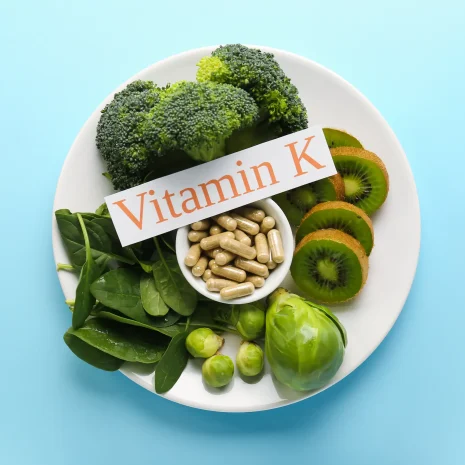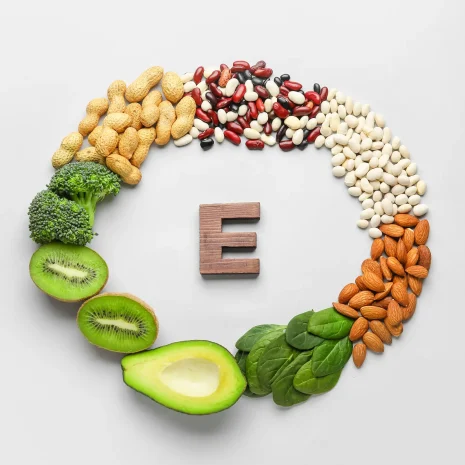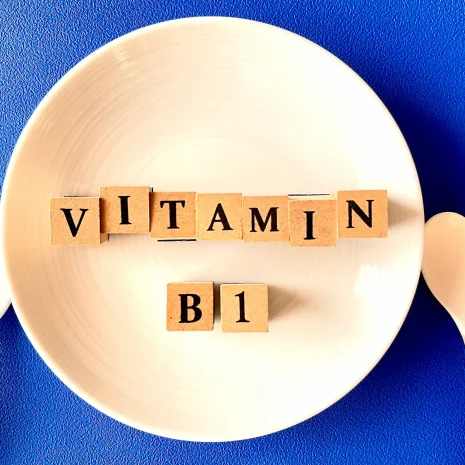Energy-Boosting Vitamins: Essential Nutrients for Vitality
The Role of Vitamins and Minerals in Energy Production
Vitamins and minerals play crucial roles in various physiological processes, including energy production, DNA synthesis, oxygen transport, and neuronal function. While carbohydrates are fundamental for generating energy, specific micronutrients—particularly B vitamins and vitamin C—are necessary for converting these carbohydrates into usable energy. Understanding which vitamins contribute to energy metabolism can help enhance overall vitality and well-being.
Key Vitamins for Energy Support
Here’s a breakdown of the essential vitamins that support energy production:
1. Vitamin B1 (Thiamine)
- Function: Essential for converting glucose into energy and synthesizing RNA and DNA.
- Deficiency Effects: Fatigue, lack of motivation, and decreased appetite.
- Recommended Intake: 4 mg per 1,000 calories consumed.
- Sources: Legumes, nuts, eggs, milk, grains, liver, and fish.
2. Vitamins B2 and B3 (Riboflavin and Niacin)
- Function:
- Riboflavin (B2): Supports energy production in the heart and muscles.
- Niacin (B3): Facilitates the breakdown of fatty acids and carbohydrates, especially during increased energy expenditure.
- Sources:
- B2: Found in liver, fish, leafy greens, eggs, and dairy products.
- B3: Present in poultry, mushrooms, milk, and nuts.
3. Vitamin B12 (Cobalamin)
- Function: Essential for red blood cell production, nerve cell protection, and converting fatty acids into energy.
- Deficiency Effects: Physical and mental symptoms, including depression and fatigue.
- Sources: Meat, dairy products, eggs, and fish.
4. Vitamin B6 (Pyridoxine)
- Function: Important for protein metabolism and the production of neurotransmitters that regulate mood and energy.
- Sources: Found in poultry, fish, potatoes, and non-citrus fruits.
5. Pantothenic Acid (Vitamin B5)
- Function: Vital for synthesizing coenzyme A, which is important for metabolizing carbohydrates, proteins, and fats into energy.
- Sources: Chicken, beef, potatoes, oats, and tomatoes.
6. Vitamin D
- Function: While mainly known for promoting bone health, vitamin D also impacts muscle function and energy levels; it may improve mood and alleviate feelings of fatigue.
- Sources: Fatty fish, fortified dairy products, and egg yolks.
7. Folate (Vitamin B9)
- Function: A coenzyme crucial for red blood cell production and oxygen transport.
- Sources: Leafy greens, legumes, citrus fruits, poultry, and liver.
8. Vitamin C
- Function: Known for its antioxidant properties, vitamin C supports the synthesis of carnitine, which is necessary for energy production through fat oxidation.
- Recommended Daily Intake: 75-90 mg.
- Sources: Citrus fruits, strawberries, bell peppers, and tomatoes.
Optimising Energy Levels with Essential Vitamins
Incorporating these vital vitamins—especially the B vitamins and vitamin C—into your diet can significantly enhance energy production and overall health. By focusing on a balanced diet rich in the foods listed above, you can support your body’s ability to convert nutrients into energy effectively.
While multivitamins can offer valuable support for overall health, it is essential to recognize that a balanced diet should remain the cornerstone of nutritional well-being. Multivitamins are intended to be a complementary measure and should not be considered a substitute for a diverse and nutritious food intake.
Note: It is strongly advised that individuals consult a healthcare professional prior to initiating any supplement, particularly if they have existing health conditions, are taking prescribed medications, or are pregnant.








